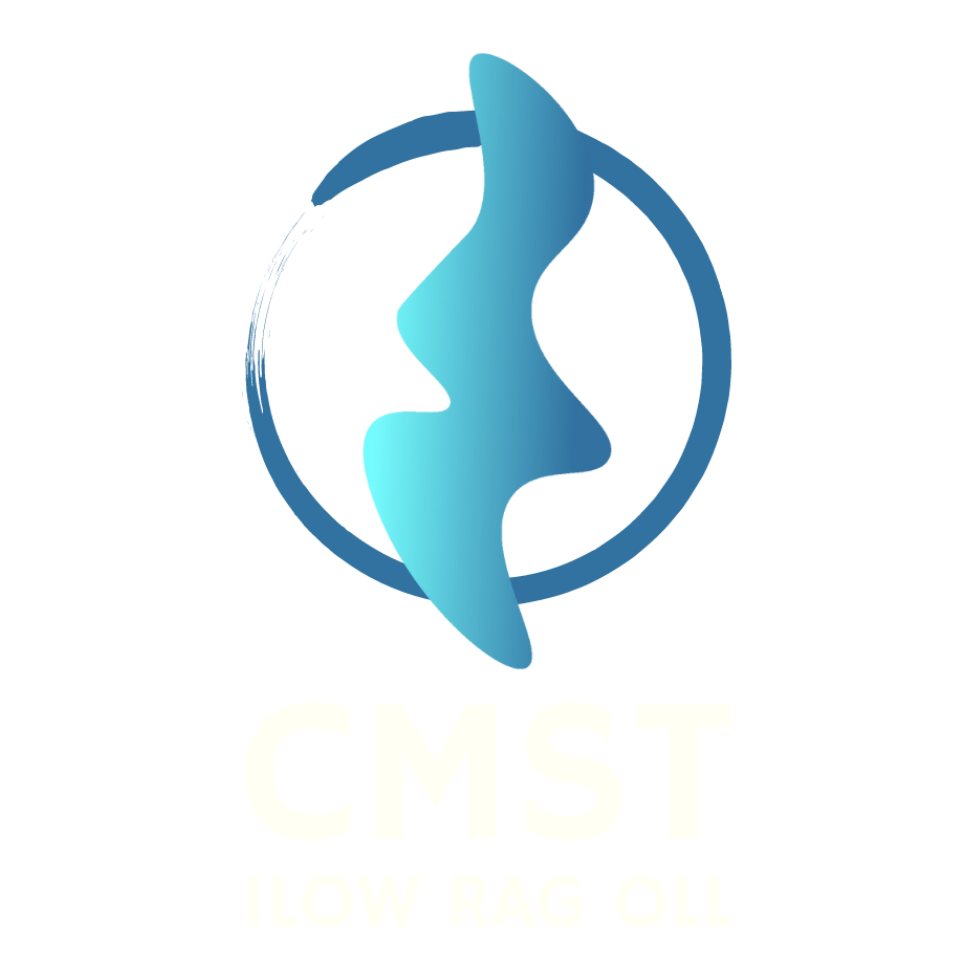In a move that will see a significant strengthening of music therapy provision in Cornwall, local charities, Cornwall Music Service Trust (CMST) and Cornwall Music Therapy Trust (CMTT) have merged. The two Trusts have worked together for a number of years, with CMTT, through grants and fundraising efforts, both subsidising and fully funding the services that CMST and other accredited Music Therapists deliver across the region.
CMST Music Therapist Carine Kelley, works with children
As well as creating a united voice for music therapy in Cornwall, the collaboration will enable the providers of music therapy services in the county to access funding to help keep up with growing demand for service provision, as well as ensure that music therapy is accessible to all who need it, for the long term.
Guitar and hands of therapist and child
Jackie Brant, Cornwall Music Therapy Trust:
“Awareness of music therapy is still growing, but year on year we are seeing increased demand as children and adults in a wide variety of settings including nurseries, schools, children’s centres, colleges, hospitals and residential homes, experience the transformative benefits that this clinical intervention can bring. Through Cornwall Music Service Trust and Cornwall Music Therapy Trust coming together we will reach further, attract more funding and importantly ensure that those needing our services are able to access them, irrespective of their financial circumstances or whereabouts. It’s a really exciting time for what is an extremely effective, adaptable and client-focused therapy”
Music therapy is a registered, clinical, psychological intervention, regulated by the Health and Care Professions council. Its purpose is to allow the client to translate their emotions and psychological processes into expressive music in order to release feelings, repair them and heal. Music can offer an alternative method of communication or expression where words are not an option or are inadequate. The aim is to bring out the client’s creativity in order to develop positive changes in behaviour, emotional and physical well-being and communication.
Liz Eddy, Cornwall Music Service Trust, Music Therapy Team Lead:
““CMST’s HCPC registered Music Therapists are skilled musicians who have additional music therapy training at postgraduate level. We provide music therapy through all stages of life. From a pre pandemic project on Treliske Neo-Natal Unit, to work supporting young people in schools and colleges, through to work with older adults living with dementia on the ward at Bodmin Hospital. Exactly what music therapy involves depends on the varied needs of the clients and includes improvised music making, playing, singing, songwriting and talking. The therapeutic relationship that is established and developed between the therapist and client as they engage in these creative ways of interacting is a core element in the effectiveness of music therapy.
The non-verbal nature of music makes it an inclusive practice, accessible to all people. People who do not have the ability to communicate verbally can engage in music therapy and feel heard and understood in their relationship with a music therapist. For clients who can communicate verbally, all feelings can be hard to express in words alone and this expressive way of exploring difficulties can be beneficial. All humans are able to engage in some way with music and in music therapy we can use the amazing ability music has to contain and express human emotion to help people with the challenges they face in their lives"
The list of those who have been shown to benefit from music therapy is extensive, and includes adults and children with learning disabilities, mental health problems, bereavement issues, eating disorders, challenging behaviour, autistic spectrum disorders, dementia and Alzheimer’s disease, emotional problems, life-threatening and life-limiting diseases, problems related to abuse, attachment issues, family and adoption problems, multiple sclerosis and post-traumatic stress disorder.
Diana Miners, teacher at the CDC (Child Development Centre) in St Columb:
"The Child Development Centre in St Columb have had the good fortune to work with CMST Music Therapy since 2013. Our therapist works with the children with additional needs, which requires sensitivity and the ability to quickly attune. By coming into our setting and quickly building a relationship and rapport, the children are absolutely safe to explore and trust, which enables their communication skills to develop markedly and consistently. The fun element that is brought through music therapy is of particular benefit to these children and is key to the outstanding outcomes that this therapy can bring."
Sam Maycock, Occupational Therapist on the Dementia ward (Garner ward) in Bodmin Hospital:
“Music has the ability to cut through impairments in memory that dementia causes, creating the ability to relive a special moment in time. I have seen patients that have been lost in their own world awaken and enjoy the experience this creates”



